Traveling solo can be an incredible experience but it also requires extra caution and preparation. It is important to be aware of the travel warnings and advisories before starting your journey. Here are ten tips to help you navigate through travel warnings and advisories like a pro:
1. Check the State Department website

The U.S. State Department is an excellent resource for information about travel advisories. They provide comprehensive information about which countries are safe, which ones require caution, and what to do in the case of an emergency. The State Department uses a four-level classification system: Level 1 means “Exercise Normal Precautions,” Level 2 means “Exercise Increased Caution,” Level 3 means “Reconsider Travel,” and Level 4 means “Do Not Travel.”
Before heading to your destination, make sure to visit their website to be aware of any warnings or restrictions. Being informed will help you make better decisions about your travel plans and ensure that you stay safe while you’re traveling.
2. Know the local laws and customs

The travel advisories not only highlight safety issues but also legal and cultural matters. It is important to research the laws and customs of your destination and respect them. Every country has its own set of rules and regulations that may be very different from what you are used to. Some places may even have strict laws on alcohol, drugs and public behavior that may seem innocent in your home country.
If you’re unsure about the local laws and customs, consider enlisting the help of a local guide or seeking advice from the embassy. It is important to respect the local culture and traditions so that you avoid any potential misunderstandings and can make the most of your trip.
3. Stay up to date

Travel advisories are updated frequently, especially in times of political unrest or weather anomalies. Stay up to date by checking the news and official websites regularly. Sign up for alerts or register with the State Department’s Smart Traveler Enrollment Program (STEP) to receive updates and assistance. In the case of an emergency, the STEP will promptly alert you and provide you with assistance in case of a crisis.
Keeping yourself informed is crucial when traveling solo. It can help you stay safe and make informed decisions about your travel plans.
4. Use common sense
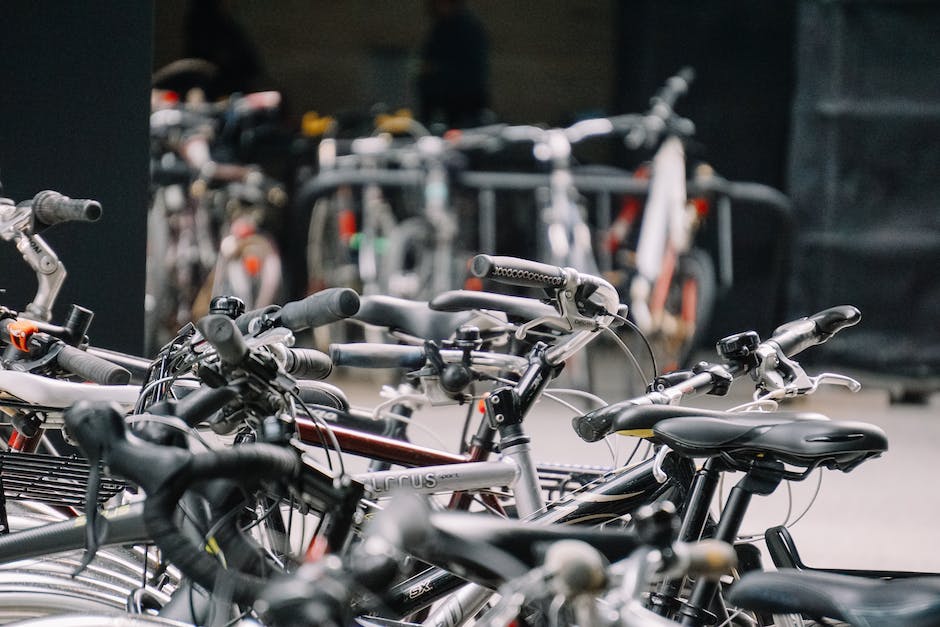
Regardless of the travel advisory level, always use common sense when traveling solo. Avoid dangerous areas, crowded places, and poorly lit streets as they are often the hub for pickpockets and scammers. Keep your valuables close and keep an eye on your surroundings at all times. It is recommended not to draw attention to yourself by wearing flashy clothes or showing off your wealth.
Using common sense and being organized can help you avoid most common travel dangers while traveling solo.
5. Plan ahead
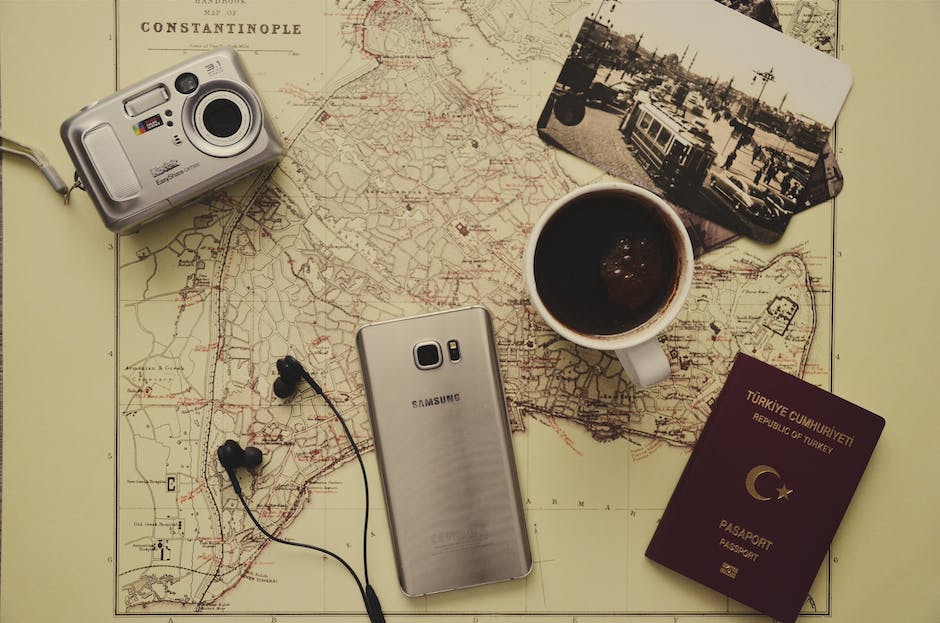
The best way to mitigate travel risks is to plan ahead. Research your destination thoroughly, book your accommodations and transportation in advance, and have a backup plan in case of changes or cancellations. You should always make copies of your passport, credit cards, and other important documents and keep them in a safe place. Make sure to have a first-aid kit and all necessary medications with you.
Preparation goes a long way when it comes to staying safe and organized during a trip. It can provide you with peace of mind and help you make better decisions.
6. Be aware of your surroundings

As a solo traveler, it is crucial to be attentive to your environment at all times. Pay attention to the people around you, the traffic, the weather and translate the signs. Trust your instincts and leave immediately if something feels wrong. It is also recommended to avoid walking alone at night or in deserted areas. Consider hiring a guide or joining a group tour if you’re not confident about exploring on your own.
Being aware of your surroundings is an essential component of staying safe when traveling solo. It can help you avoid unnecessary risks and hazards.
7. Learn some basic phrases

Learning a few basic phrases in the local language can go a long way in making you feel more comfortable and helping you communicate with the locals. Even saying “hello,” “thank you,” and “goodbye” can show that you respect their culture and are willing to learn. You can use apps like Duolingo or Rosetta Stone to practice before your trip. It can be a great way to connect with locals and make new friends.
Learning some basic phrases is not only practical but also fun. It can lead to engaging conversations with locals and give you a unique insight into the local culture.
8. Stay healthy
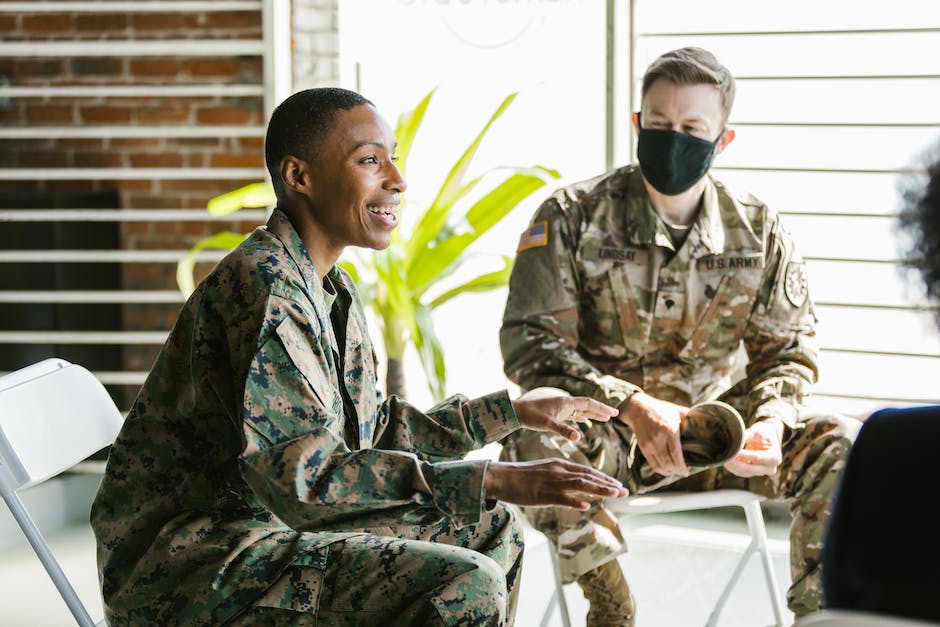
Travel advisories can also include warnings about health hazards such as diseases, food, and water safety issues, and extreme weather conditions. Make sure to get vaccinations and medications as recommended by your doctor or the State Department. Avoid street food and tap water unless you’re sure they are safe. Wear sunscreen, insect repellent, and protective clothing as needed.
Staying healthy during a trip is important, and it allows you to make the most of every day. It is recommended to plan ahead and research any health risks related to your destination.
9. Respect the environment

Solo travelers have a responsibility to respect the environment and local communities they visit. Avoid littering, wasting water, or exploiting wildlife. Support eco-friendly and sustainable tourism practices. Engage with the locals in a respectful and meaningful way, and avoid perpetuating stereotypes and cultural appropriation. Leave only footprints and take only memories.
Respecting the environment and the people around you is an important part of being a responsible traveler. It helps to reduce the negative impact of tourism on the environment and the people living in your destination.
10. Have fun
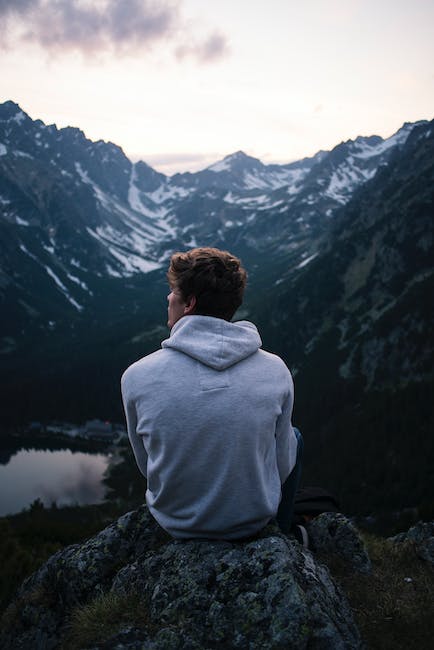
Despite the potential risks and challenges, solo travel can be one of the most rewarding and exciting experiences you’ll ever have. Embrace the freedom, the adventure, and the personal growth that come with solo travel. Take photos, try new foods, make friends, and enjoy every moment. With the right mindset and preparation, you can navigate travel warnings and advisories like a pro.
Remember to have fun, be safe, and enjoy your journey. Solo travel can change your life in the most unexpected ways, so make the most of it.

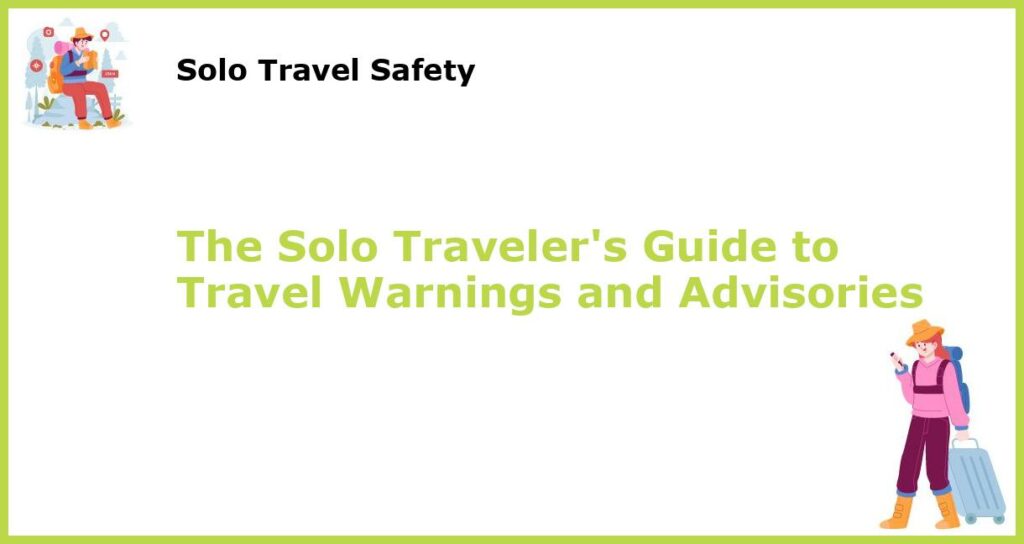






 You might also be interested in those articles related to solo traveling
You might also be interested in those articles related to solo traveling